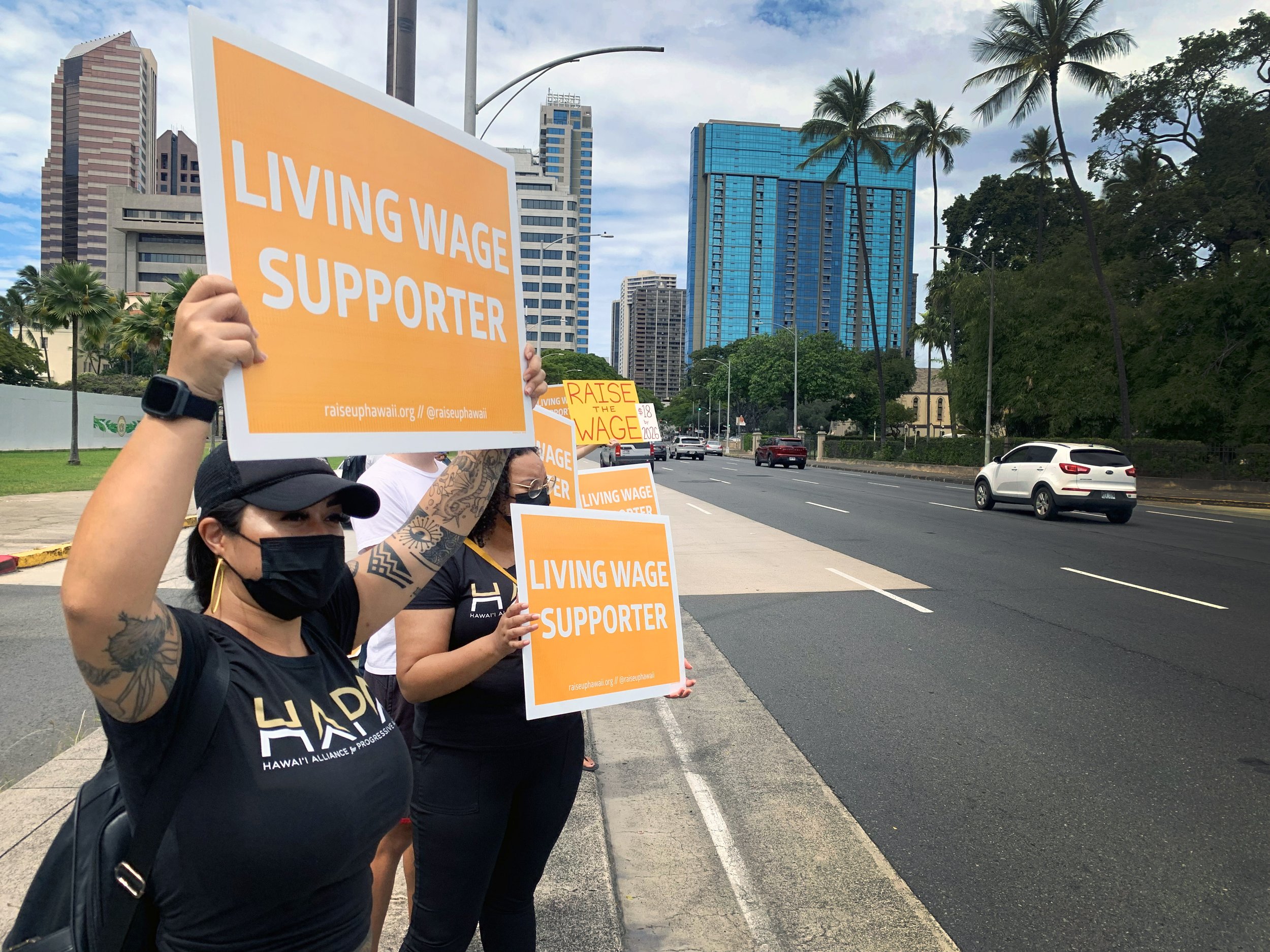
Hawaiʻi lawmakers tussle over one minimum wage bill
A clash of wills and philosophies among state lawmakers over how to raise Hawaiʻi’s minimum wage now appears centered on one bill at the legislature instead of two.

Fighting for a living wage in Hawaiʻi
Workers in Hawaiʻi are rallying at their State Capitol to raise the state’s minimum wage for the first time since 2018. The "What A Day" podcast discusses how workers are being affected by low wages in the highest cost-of-living state in the nation.

Wage measures still alive
A bill in the state House of Representatives that would increase the minimum wage cleared a committee hurdle Tuesday.

Hawaiʻi minimum wage bill advances despite criticisms
Worker advocates called for a faster increase to $18 an hour consistent with a bill passed in January by the full Senate in a 24–1 vote.

Proposal for Hawaiʻi to build and sell leasehold condos judged unfeasible
Analysis concluded that a key element in the plan—selling condos with 99-year land leases—isn’t workable despite some parts of the plan holding promise.

An $18 minimum wage won’t raise prices dramatically
But a living wage increase will go a long way toward providing financial stability for many in Hawaiʻi.

As bill to raise minimum wage to $18 moves forward, some say hike could hurt businesses
According to a report by the National Low Income Housing Coalition, a minimum wage worker in Hawaiʻi would have to work 114 hours just to afford an apartment.
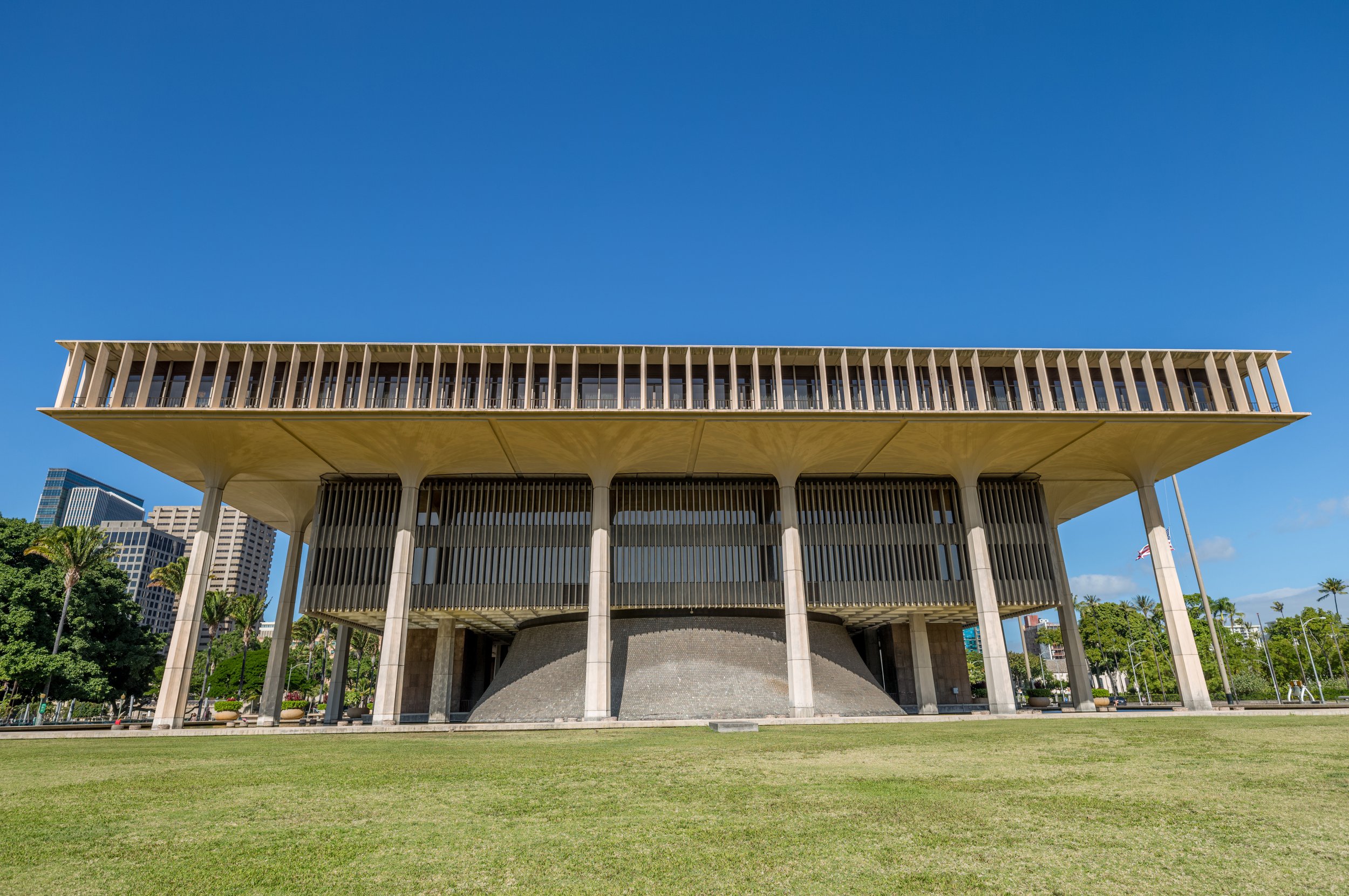
Hawaiʻi legislature 2022: smart spending could help big problems
The legislature has money available for almost any policy initiative imaginable, and every member of the house and senate is up for reelection.
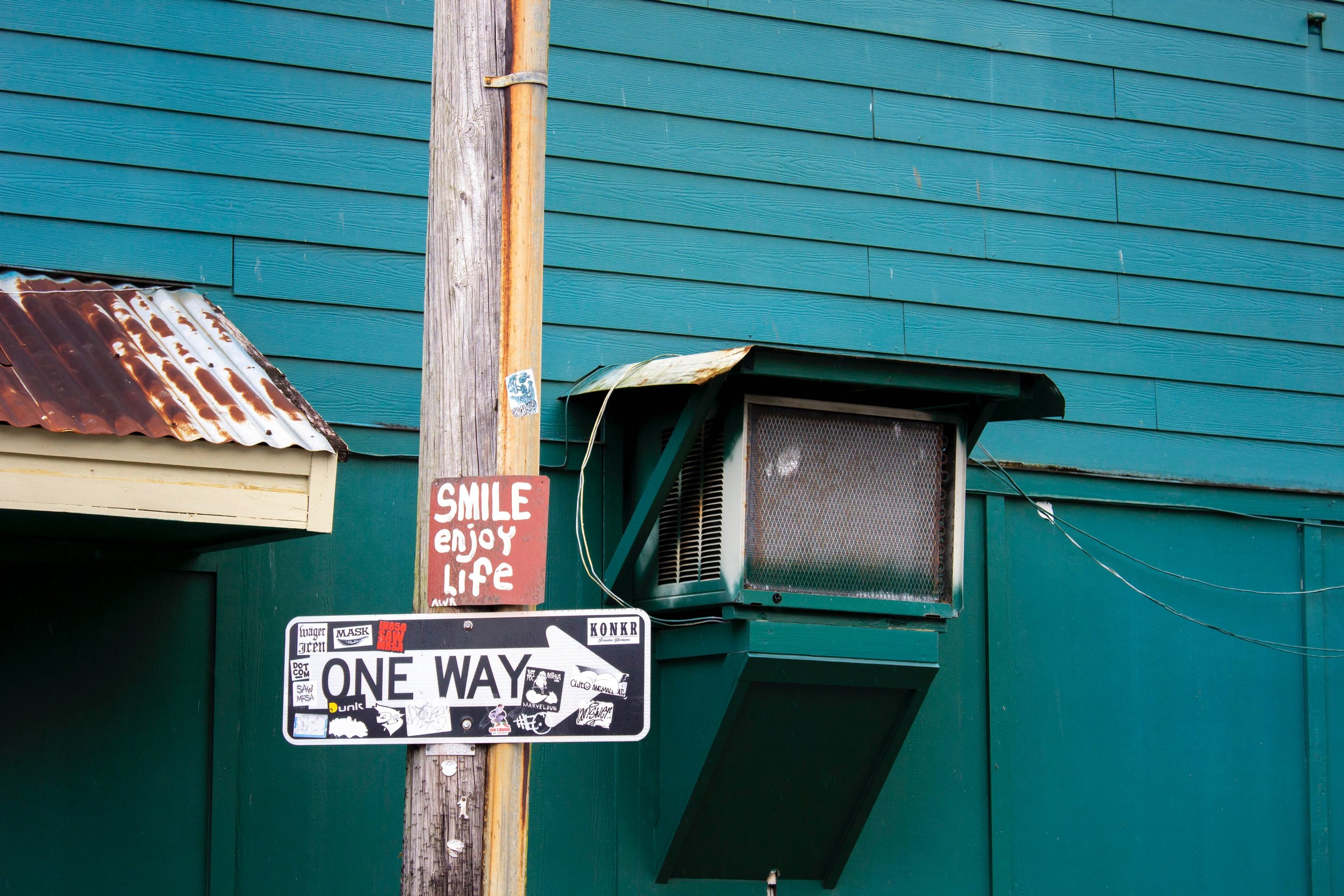
Aloha Friday Conversation: Seizing affordable housing opportunities in Hawaiʻi
This episode of "The Conversation" is packed with discussions about Hawaiʻi's housing and homelessness crisis and policy solutions advocates are working to implement at the state and county level.

Hawaiʻi prisons are finally moving forward with an ID program for inmates
A law passed in 2017 required the state to provide convicts with identification upon release to help them manage on the outside.
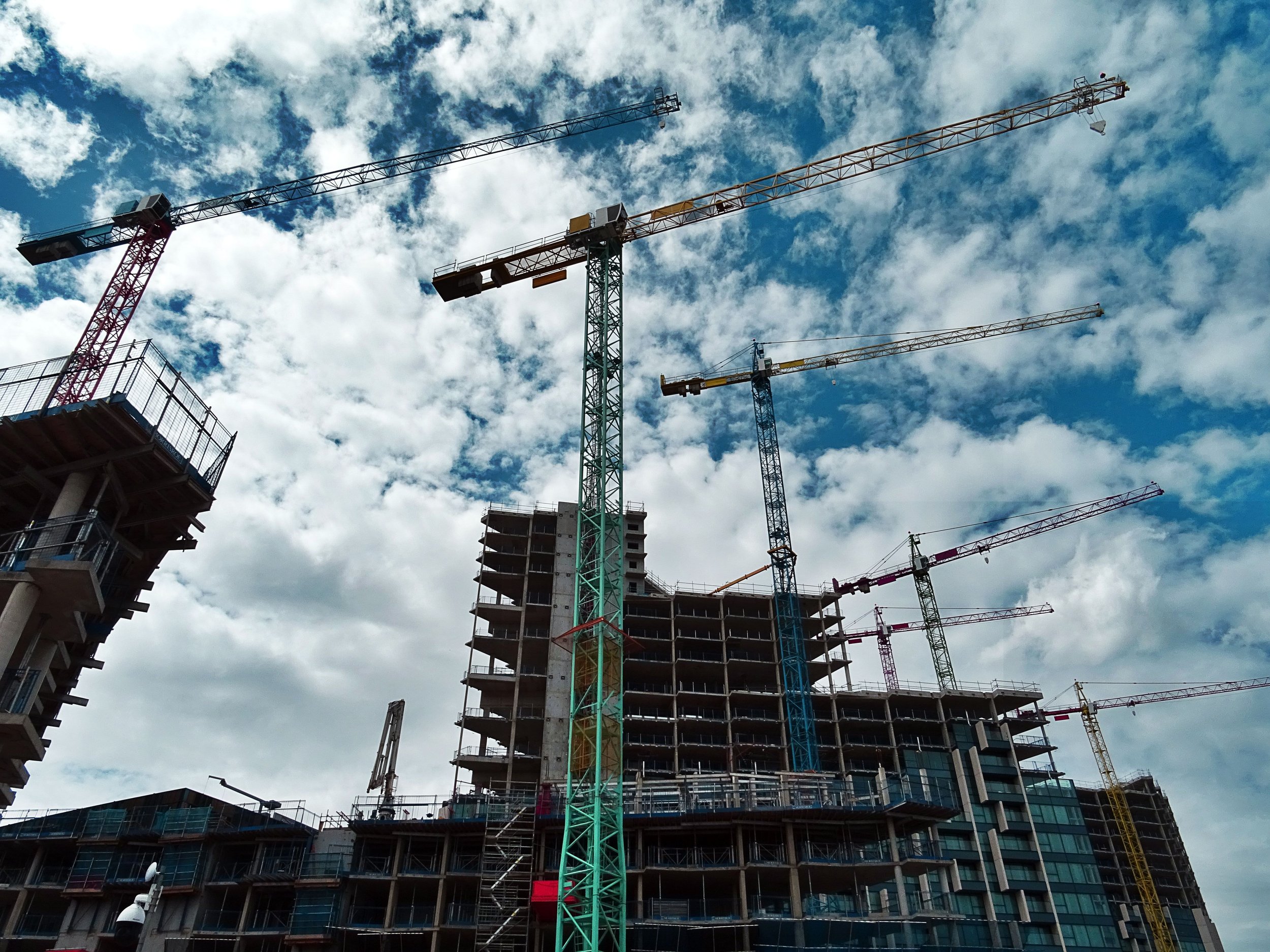
Biden’s spending bill could be a ‘game changer’ for housing in Hawaiʻi
The Build Back Better bill that the U.S. Senate is debating has the potential to make a huge dent in Hawaiʻi’s affordable housing needs, according to advocates.

Why are more people than ever receiving food stamps in Hawaiʻi?
A historically high enrollment in the food stamp program is part of a broader increase in the need for public services during the pandemic.

Rental assistance fell victim to politics, bureaucracy
Nationwide, state leaders set aside $2.6 billion to prop up struggling renters, but a year later more than 16 percent hasn’t made it to tenants or landlords.

Pursue ALOHA housing strategy
Bold moves are needed to tackle Hawaiʻi’s entrenched affordable housing problem.

With no signs of housing prices cooling off, advocates push for government aid
Housing advocates want to change how we view housing. Instead of an investment, it should be seen as a necessity.

Hawaiʻi seeks to be seen as a remote workplace with a view
But advocates say housing is a real concern in a state where there’s an affordable housing crisis.
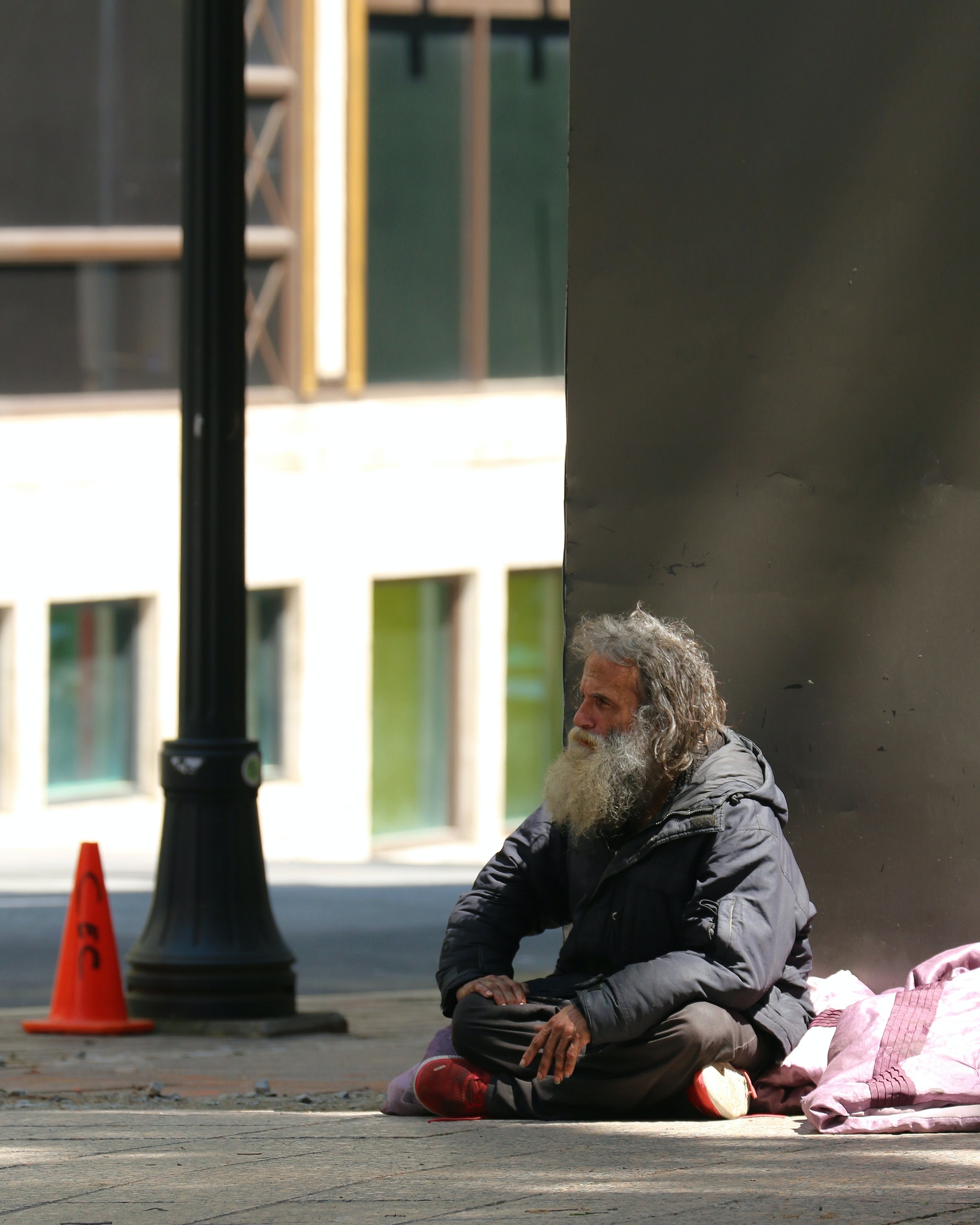
No rest for the homeless: Bill would ban sitting almost anywhere on Oʻahu
City and state officials say housing is the answer to homelessness. But criminalization can be more politically expedient.

One year later: The effects of Hawaiʻi’s illegal short-term rental ban
Illegal vacation rentals have worsened Hawaiʻi’s affordable housing shortage while contributing to an overrun of high-impact, low-spending visitors.

Not politics as usual
To address socioeconomic inequality, Hawaiʻi’s decision-makers need to come up with an effective problem-solving process so stakeholders can come together to achieve concrete solutions.
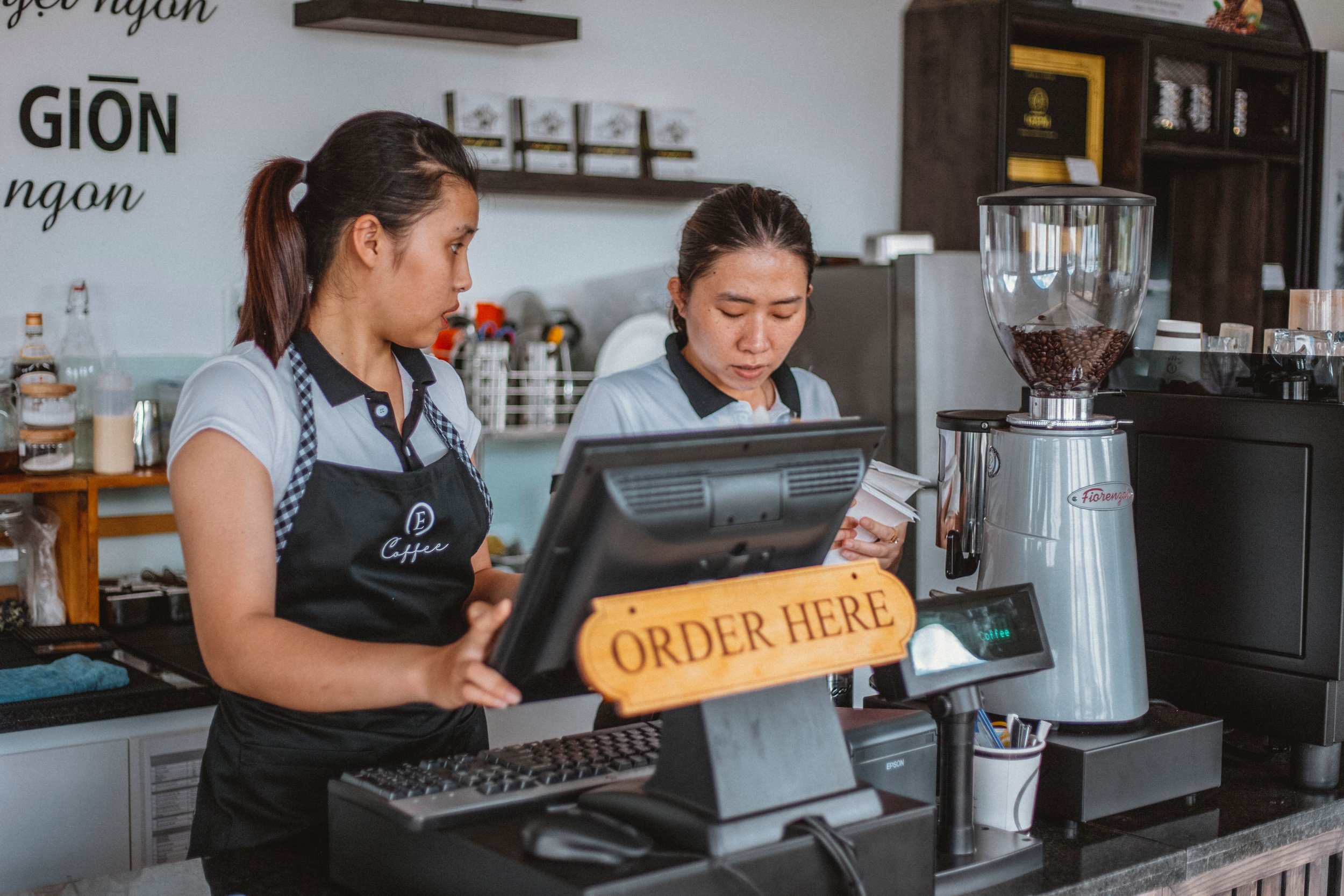
Hawaiʻi has the highest housing wage in the U.S.
Researchers analyzed rent prices in all 50 states to determine how much was needed to rent a two-bedroom apartment at fair market value without spending more than 30 percent of one’s income.
